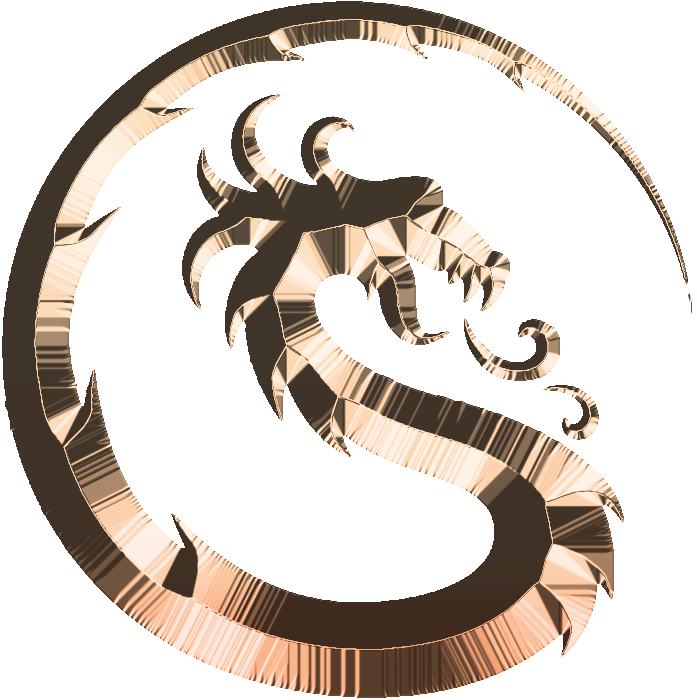 |
| Ben Kane, author of Spartacus the Gladiator |
I’m happy to say that it didn’t. I watched the first two episodes of Series One, but quickly stopped because I didn’t want it to affect how I wrote the books. (I watched the prequel series and Series One after I finished the two books, and enjoyed them.)
Did your appreciation for the historical figure of Spartacus grow as you were writing the novel?
Absolutely. Before I did my research on him, I had not appreciated the true scale of his achievements. Escaping from the gladiator school with so few companions, but still able to defeat 3,000 soldiers who were sent against him. Recruiting and training an army of slaves that was tens of thousands strong and defeating so many of the legions in set piece battles. He was an incredible leader.
Ariadne plays a prominent role as Spartacus’ companion in the ludus and during his slave rebellion. How much of her character and her journey was based on actual history?
Sadly, we know almost nothing about Spartacus’ woman/wife. She was a real person, and a priestess of Dionysus. She was with him in Italy, and she interpreted his dream about the snake. Other than that, I had to make her story up. I hope that readers think I did a good job!
Another interesting character in the novel is Carbo, a Roman who falls on hard times and joins the ludus as an auctoratus, sort of a gladiator for hire. What inspired you to feature him so prominently in the story?
Two reasons. The first is that usually I prefer to use main characters who are not true-to-life major historical people. Having Spartacus as a main protagonist was a first for me. Carbo is the manifestation of my usual method. He is also someone I used to show Spartacus’ heroism from another view: in other words, we can see that Spartacus is the man not just because he says so, but because Carbo sees how incredible a warrior/leader etc. he is.
How much research goes into a novel like Spartacus the Gladiator?
A lot! Say about two dozen textbooks plus the skim reading of many more. Months of work. Fortunately, I have written an (unrelated) Roman trilogy set less than 20 years after Spartacus’ rebellion, so I was able to use an awful lot of information that I had researched for that.
One of the topics that generates a lot of comments from readers on this blog concerns the issue of artistic license in historical fiction. In your view, how far should an author take artistic license for the sake of crafting good historical fiction?
An interesting question, and one that divides readers! I think that if an author wants to write historical fiction, then it’s important to stick as close to the ‘facts’ as possible.* Where the author doesn’t stick to the facts, it’s good to acknowledge where, when and why she/he chose to deviate. Authors are completely entitled to move much further away from the facts if they wish, but too far and I think they’re straying into alternate history/historical fantasy. That said, if the story requires the facts to be twisted or bent a little, then they shouldn’t get in the way of the tale.
* I used inverted commas around the word ‘facts’ so that I could make the point that just about all historical information we have can be open to debate – especially when they’re from ancient times. For example, the only records we have of Spartacus were written by Romans, or men who supported Rome. No one from Spartacus’ side got to record their story. In other words, what we have been left with are very partisan accounts, whose veracity has to be questioned, at least a little.
I think his last point is a good one. It’s worth mentioning that Spartacus the Gladiator contains an excellent Author’s Note (Historical Note) at the end. Thanks to Ben Kane for the interview and best of luck with Spartacus the Gladiator!

UltravioletAngel
February 1, 2013 - 11:49 am ·So was the Spartacus Blood and Sand tv series based on Ben Kanes books or the other way round coz they are very similar !
Joseph Finley
February 1, 2013 - 10:04 pm ·I interviewed Ben Kane. He wrote his novel before seeing the Starz series, so their relationship was coincidental. Both were based off of the historical Spartacus story, but neither influenced the other, it seems.